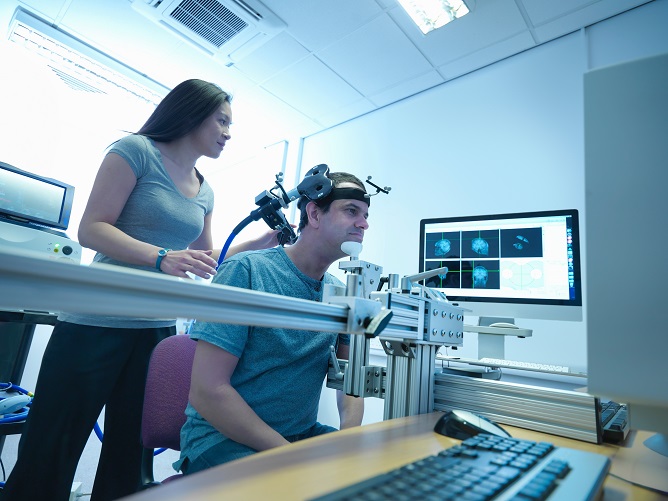
If you’ve been seeking help at a depression clinic in South Shore, MA, you might have heard about a groundbreaking Neurostar Transcranial Magnetic Stimulation (TMS) treatment. This method works by triggering precise magnetic fields that stimulate the areas of the brain that control moods—these areas are commonly under-stimulated in people suffering from depression.
Regarding depression treatment in Massachusetts, measuring the benefits of Neurostar TMS is crucial. What makes TMS stand apart from traditional antidepressant therapies is its non-invasive nature and fewer side effects. It doesn’t lead to systemic drawbacks commonly seen with pills, such as changes in weight or lowered sexual drive. Furthermore, there’s no need for anesthesia, and patients can return to their daily routine immediately after the treatment.
The perspective of a psychiatrist in Massachusetts on this treatment is worth considering. Many endorse the effectiveness of Neurostar TMS. In numerous studies, TMS has shown significant improvement in patients showing depressive symptoms, even in cases where other treatments failed. It offers a fresh beacon of hope to those grappling with this incapacitating mental health disorder.
However, the potential of Neurostar TMS doesn’t stop at treating depression. It’s showing promising results in tackling a variety of mood disorders. Interacting with the neurophysiology of the brain could provide potential therapeutic relief for conditions like anxiety, PTSD, and obsessive-compulsive disorder.
Considering the positive impacts of Neurostar TMS, individuals dealing with mood disorders might see it as a valuable investment. The potential improvements in their quality of life make the technology worth exploring.
For additional help or information on TMS treatment, contact South Boston TMS. Our committed team of professionals is here to guide you through your journey to better mental health.
Disclaimer
Blogs, content and other media uploaded online are for informational purposes only. Contents on this website should not be considered medical advice. Readers are strongly encouraged to visit their physician for health-related issues.




Leave a Reply